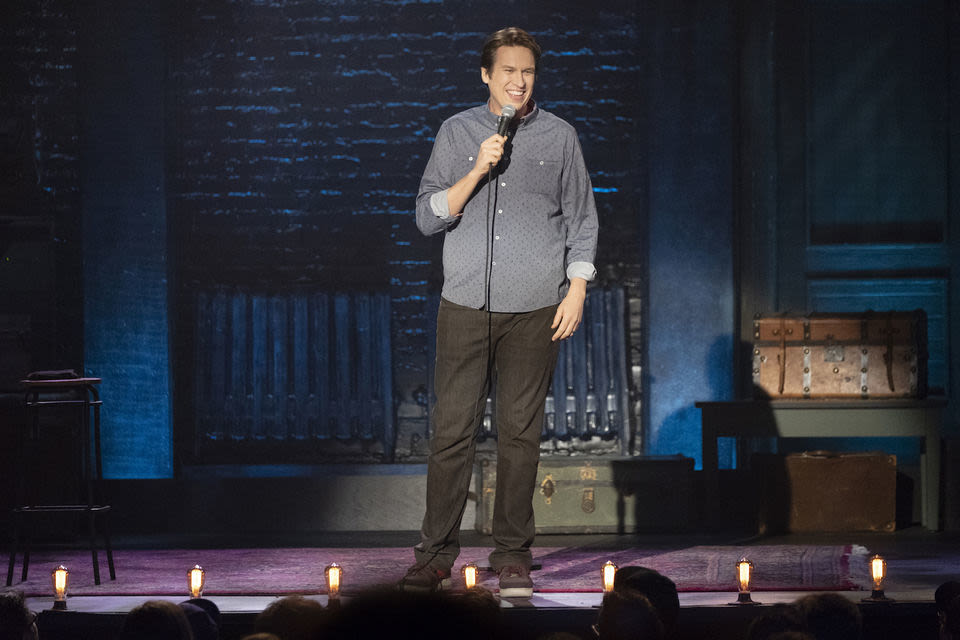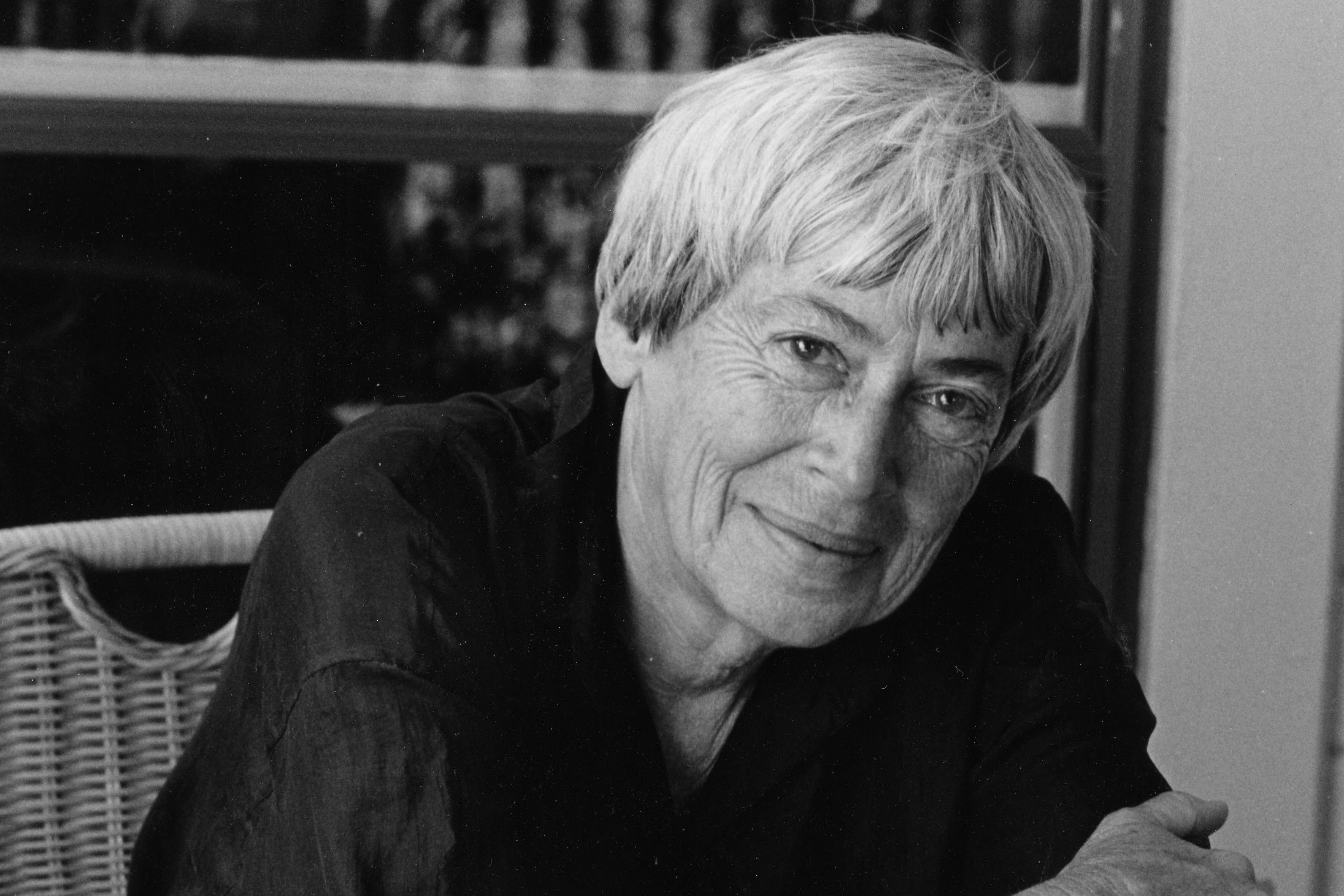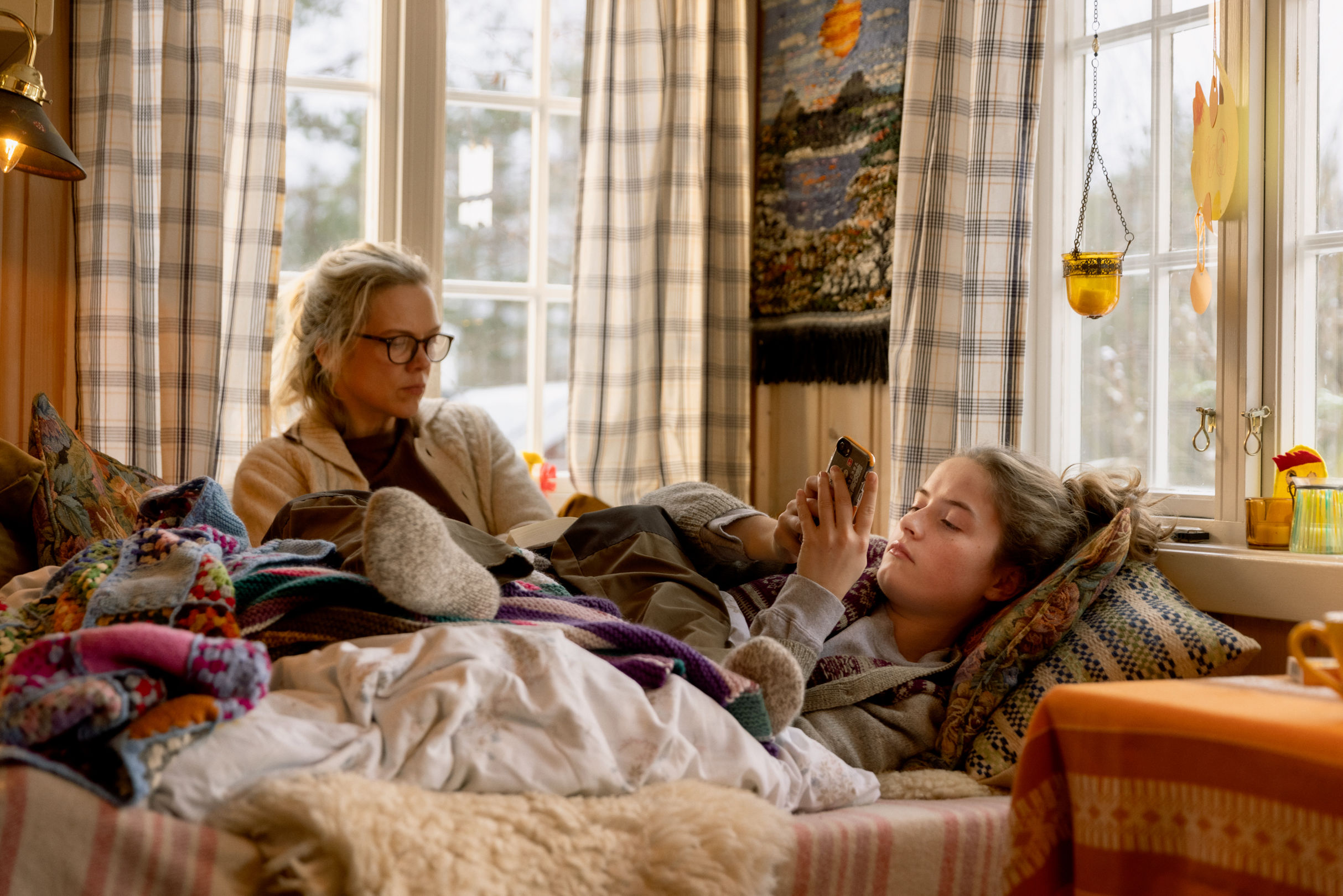Pete Holmes Filmed His HBO Comedy Special Here Because Portland Is Like a Train Set

Pete Holmes at the Aladdin Theater
Image: Courtesy HBO/Jason LaVeris
Seven years ago when Pete Holmes began his You Made it Weird podcast, he was a comedian with a story so singular it seemed niche. A devout Christian plugging away at stand-up comedy in New York City, his then-wife had an affair and left him while his life crashed down. That grim scenario would go on to become the premise for an HBO series, Crashing, produced by Judd Apatow and now heading into its third season.
Now the affable comedian juggles his weekly podcast—which covers comedy and spirituality with big-name guests like Jim Gaffigan, Chelsea Peretti, and Jon Hamm—alongside his own TV series. And, on December 15, HBO releases Holmes's fourth comedy special, Dirty Clean, shot at Portland's Aladdin Theater last month. We caught up with Holmes to talk divorce, interview techniques, and why he can really breathe in Portland.
I’ve been listening to your podcast since the beginning, in part because I also was a Christian school kid and a 20-something divorcée. But I assumed it was a very niche audience.
I'm a little bit biased because I don't think it is, but that’s because people go out of their way to tell me that. But I will say that there's thousands and thousands of people that seem to have our story. It's really incredible. The similarities are striking—a lot of them got married when they were young. A lot of them ended in some sort of an affair and then not everybody does it the same after that point. If they're like me, they became atheists briefly and then tried to find some new way to understand the mystery of existence or are passionate about that in some way. [It's] really exciting to see that life can be long enough to have something so strange as a marriage and the faith that you were raised with both go away, and then find a new way to thrive and continue to grow.
So much of Crashing is obviously based on your life, but how much of it really veers away from your experience?
It veers more and more every season. It's always veered a little bit. One of [executive producer] Judd Apatow’s specialties is I'll tell him what really happened and then he'll sort of explain how to make that more interesting or more funny or almost metaphorical. The example that I always use is in season one. There was no yard sale in my real life. But I divorced and that feels like a yard sale. All your private stuff is laid out and people pick through what was precious for pennies. And that's classic Judd. I tell him that I was drawing the blinds and eating Chinese food and he says, well, there should be an external way of representing and demonstrating what it feels like, you know, for television. So there should be a yard sale.
Do you feel like all these years of interviewing people for the podcast has influenced your storytelling?
I suppose that you get a better sense of what's really interesting to you. There's an energy to it when I'm doing the podcast and someone brings up something juicy—not in a salacious way, just that there's juice in it. If somebody brings up something about their family, you have a better nose for, like, well, that's the meat of it. And then when you're writing a script, you remember to include those types of details. Even if you are making up a character completely from scratch, you draw upon the experience of interviewing people to remember the types of details that make them feel real and help you understand who they are.
What advice would you give to would-be podcasters?
Never assume the tone of, OK, now it's serious, so really think about what you're saying. You want to just feel like you’re talking because you are. The other thing is to make it like therapy. You really verbally remind them that it's a safe place. I mean it truthfully when I tell them if you say something and you want to take it out, we'll take it out. You have at least a week after we recorded it to think about it. If you want to listen to it, we'll let you listen to it. But you tell them that like we're making something together. I think that makes a difference.
Why did you choose to film the HBO special in Portland?
It's cozy and punk rock at the same time. Like, you guys have strip clubs and jello shots, but it also feels like you're living in a train set. And that's really true. I can't really explain it. It feels like a train set.
When I'm picking a city to film, I'm thinking not just where are there great audiences and intelligent, conscious people, which Portland has in spades; I also want a city that just makes me feel comfortable. And for some reason—I can't fully explain it other than the train-set, punk-rock thing. I just feel super, super, super at home when I'm in Portland. I can't tell if it's the trees or the river or the air or the way cars would stop like nine car lengths away to let us cross. It's also got like a little bit of that San Francisco intelligence and I know they'll understand what I'm joking about and, and also how I'm joking about it. There's a level of sophistication in the audience and it seems like a really real place, and, in the good way, a little weird. So in a special where I wanted to talk about consciousness and the afterlife and the phenomenon of having thoughts, I knew Portland was going to be a great audience for that. But it was also the place that I wanted to go weird yoga studios and eat vegan lunches and go for walks across bridges and just feel happy.
We do have really good vegan food.
You do. I'm from Boston and I really liked Boston, but when I perform in Boston, I relate with other Bostonians who never fully felt home in Boston. Like, I'm not a Red Sox fan. I don't know how to fix a car. I can't drive on Storrow Drive or whatever it might be that makes people Bostonian. I never really related to that. So when I talk to my Boston audiences, who I love, obviously, I talk about how I don't feel completely at ease in Boston. But I start breathing when I'm in Portland. It feels like Mr. Rogers's neighborhood, but with a great music scene.




